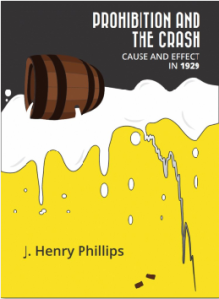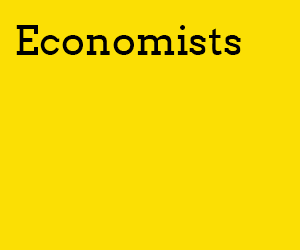Volstead Act Collapse III 5-9
Continuation of Volstead Act Title 3...
INDUSTRIAL ALCOHOL, PLANTS AND WAREHOUSES
SEC. 5. Any tax imposed by law upon alcohol shall attach to such alcohol as soon as it is in existence as such, and all proprietors of industrial alcohol plants and bonded warehouses shall be jointly and severally liable for any and all taxes on any and all alcohol produced thereat or stored therein. Such taxes shall be a first lien on such alcohol and the premises and plant in which such alcohol is produced or stored, together with all improvements and appurtenances thereunto belonging or in any wise appertaining.
SEC. 6. Any distilled spirits produced and fit for beverage purposes remaining in any bonded warehouse on or before the date when the eighteenth amendment of the Constitution of the United States goes into effect, may, under regulations, be withdrawn therefrom either for denaturation at any bonded denaturing plant or for deposit in a bonded warehouse established under this Act; and when so withdrawn, if not suitable as to proof, purity, or quality for other than beverage purposes, such distilled spirits shall be redistilled, purified, and changed in proof so as to render such spirits suitable for other purposes, and having been so treated may thereafter be denatured or sold in accordance with the provisions of this Act.
SEC. 7. Any distillery or bonded warehouse heretofore legally established may, upon filing application and bond and the granting of permit, be operated as an industrial alcohol plant or bonded warehouse under the provisions of this title and regulations made thereunder.
SEC. 8. Alcohol may be produced at any industrial alcohol plant established under the provisions of this title, from any raw materials or by any processes suitable for the production of alcohol, and, under regulations, may be used at any industrial alcohol plant or bonded warehouse or sold or disposed of for any lawful purpose, as in this act provided.
SEC. 9. Industrial alcohol plants and bonded warehouses established under the provisions of this title shall be exempt from the provisions of sections 3154, 3244, 3258, 3259, 3260, 3263, 3264, 3266, 3267, 3268, 3269, 3271, 3273, 3274, 3275, 3279, 3280, 3283, 3284, 3285, 3286, 3287, 3288, 3289, 3290, 3291, 3292, 3293, 3294, 3295, 3302, 3303, 3307, 3308, 3309, 3310, 3311, 3312, 3313, 3314, and 3327 of the Revised Statutes; sections 48 to 60, inclusive, and sections 62 and 67 of the Act of August 27, 1894 (Twenty-eighth Statutes, pages 563 to 568) and from such other provisions of existing laws relating to distilleries and bonded warehouses as may, by regulations, be declared inapplicable to industrial alcohol plants and bonded warehouses established under this Act.
Regulations may be made embodying any provision of the sections above enumerated.
* * *
This was passed over President Wilson's veto 27OCT1919, a month after the President suffered a stroke. The Treaty of Versailles, with its restrictions on drugs, took effect September 10, together with the Convention Relating to the Liquor Traffic in Africa, at Saint-Germain-en-Laye the same day. The idea was to prevent the dumping of liquor in Africa where narcotics were heretofore dumped on colonies of opiate-refining nations such as Great Britain, Belgium, Germany and France. Herbert Hoover was warning the US might get dragged back into a resurgent war if Germany's surrender, signed in June, weren't firmly accepted. Besides China, the USA was the only country that made smoking opium illegal, and was the only country besides Russia sufficiently dominated by religious collectivists to declare beer and weak wine federal crimes.
Europeans could not help but have mixed feelings over a government bound by such strict puritanical coercion suddenly dictating to Europe drug prohibitionism popular only in China. China's 1911 revolution giving absolute power to fanatical prohibitionists had--with American help--precipitated the World War in the first place. American policies were closely scrutinized by all of Europe from 1919 through 1929, and many U.S. laws and court cases made European practices--such as dumping narcotics and stimulants in the USA to pay off war loans and reparations--dangerous to the point of destabilization.
* * *
Find out the juicy details behind the mother of all economic collapses. Prohibition and The Crash–Cause and Effect in 1929 is available in two languages on Amazon Kindle, each at the cost of a pint of craft beer.

Brazilian Sci-fi from 1926 featuring the usual beautiful daughter of a scientist touting prohibition and racial collectivism in America’s Black President 2228 by Monteiro Lobato, translated by J Henry Phillips (link)

Brazilian blog…
American libertarian blog…
Tagged: prohibition, confiscation, asset forfeiture, initiation of force, blackouts, energy crisis, liquidation, liquidity, bankruptcy, Crash, Depression, communism, inviting attack, treason, economic collapse,




Comments
Post a Comment